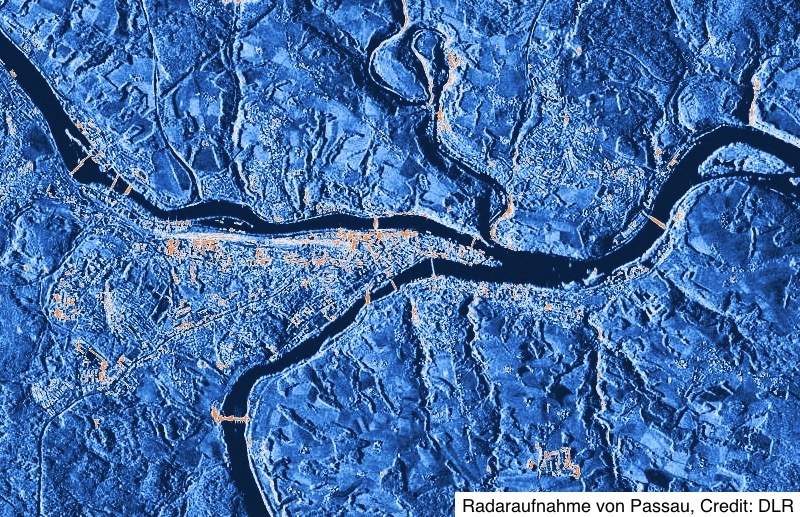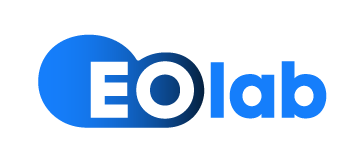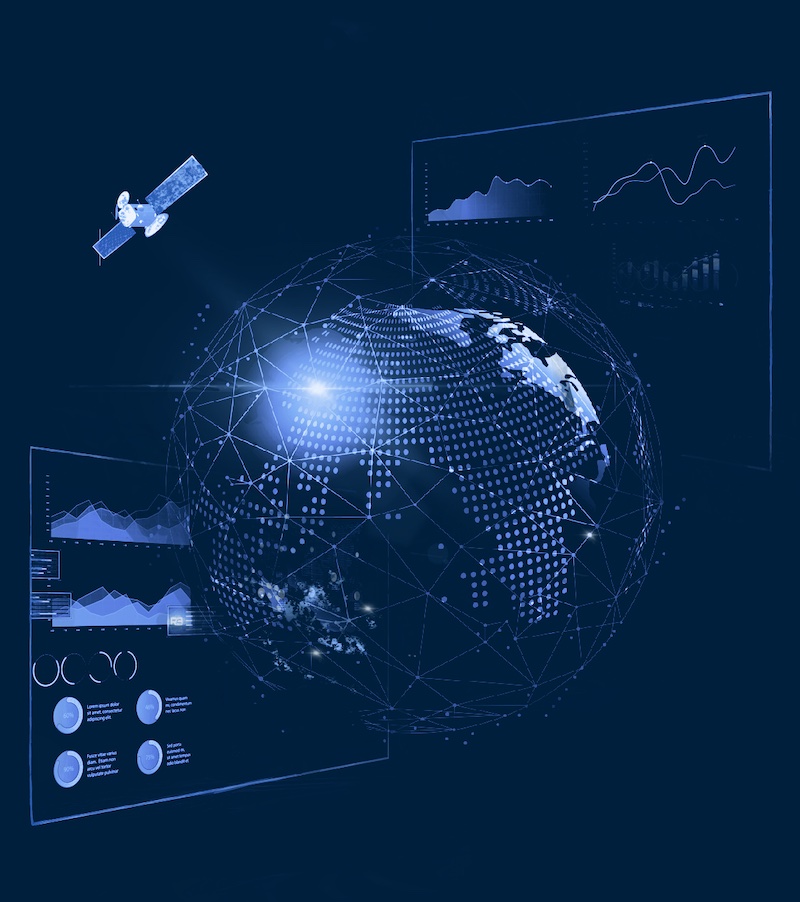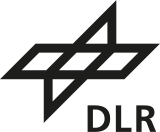Your access to explore the Earth
Data
EO-Lab offers developers and scientists free and high-performance access to data from national missions such as TerraSAR-X, TanDEM-X and EnMAP for their research projects. Through the connection of EO-Lab to the CODE-DE Cloud, all Copernicus data available there are also available on EO-Lab. In addition, the direct link to CREODIAS, one of the largest and best-performing online data archives for satellite data from the European Copernicus mission, provides fast access to more than 25 PB of remote sensing data.
Access to Data of National and European Missions Free of Charge
The EO-Lab Portfolio provides an overview of the extensive EO-Lab data offering. The description of the individual data sets contains details on access and the respective usage options on EO-Lab on the one hand and links to further information on the other.






